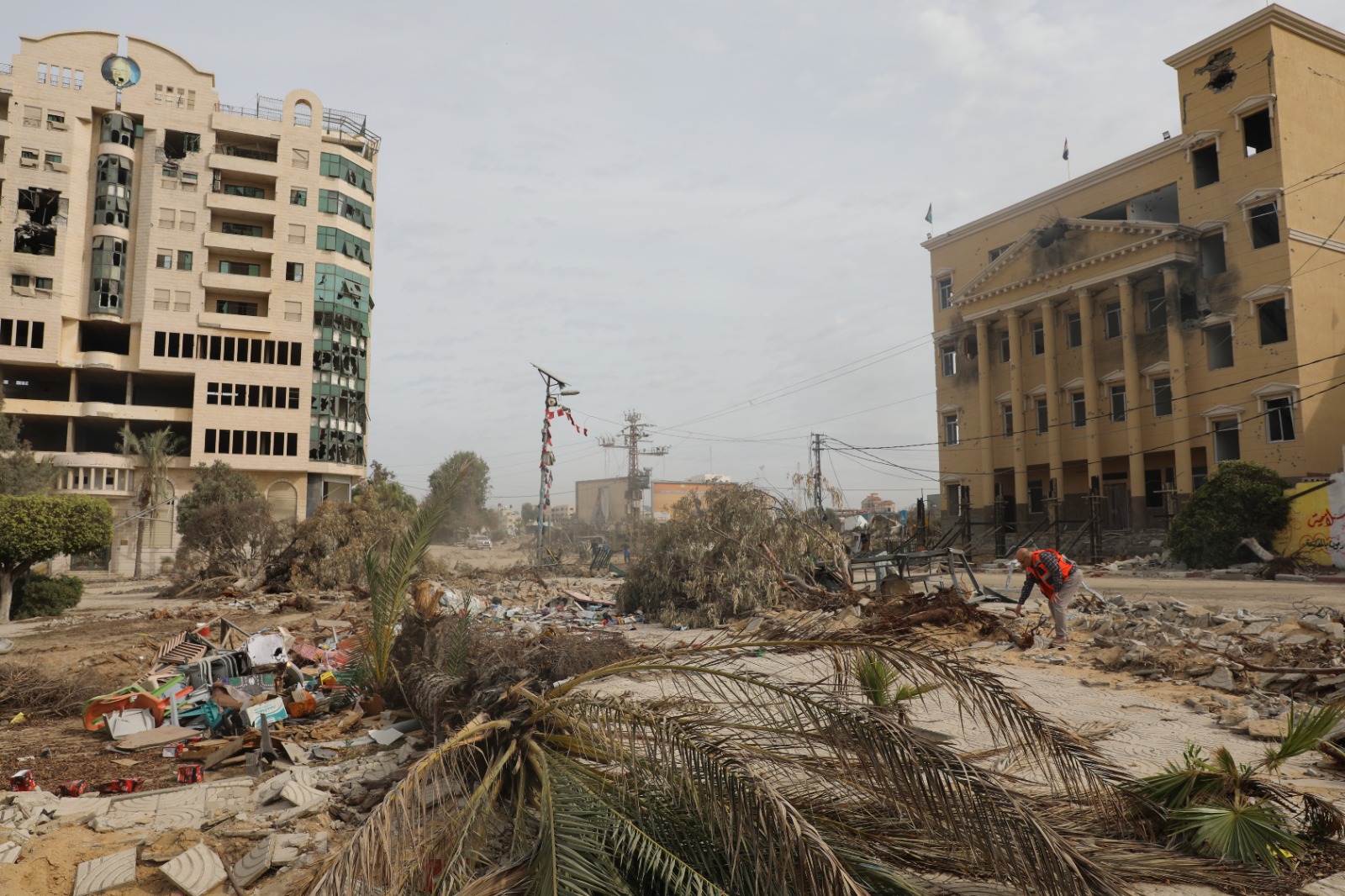2024-11-16
بلدية غزة تحذر: من استمرار منع دخول غاز الطهي إلى محافظتي غزة وشمال غزة
إعلام البلدية:
حذرت بلدية غزة من تداعيات كارثية جراء استمرار منع دخول غاز الطهي إلى القطاع، مما أدى إلى تفاقم الأزمة البيئية والصحية وتزايد معاناة المواطنين.
وأشارت البلدية إلى أن منع دخول غاز الطهي دفع العديد من العائلات إلى استخدام فروع الأشجار للطهي والتدفئة، مما أثر بشكل خطير على الغطاء النباتي الذي يمثل رئة المدينة ومصدرًا لتحسين جودة الهواء.
وأكدت بلدية غزة أن الاعتماد على حرق الأخشاب أدى إلى ارتفاع معدلات التلوث اللحظي في الهواء، مما يفاقم المخاطر الصحية، خاصة على الأطفال وكبار السن، ويعرضهم لأمراض تنفسية خطيرة.
ودعت البلدية المجتمع الدولي والمنظمات الإنسانية والبيئية إلى التدخل العاجل لتوفير غاز الطهي بشكل عاجل، وتعزيز مشاريع الطاقة المتجددة، وتزويدها بالإمكانات اللازمة لضمان استمرارية الخدمات الأساسية وتخفيف الأضرار البيئية والصحية.



